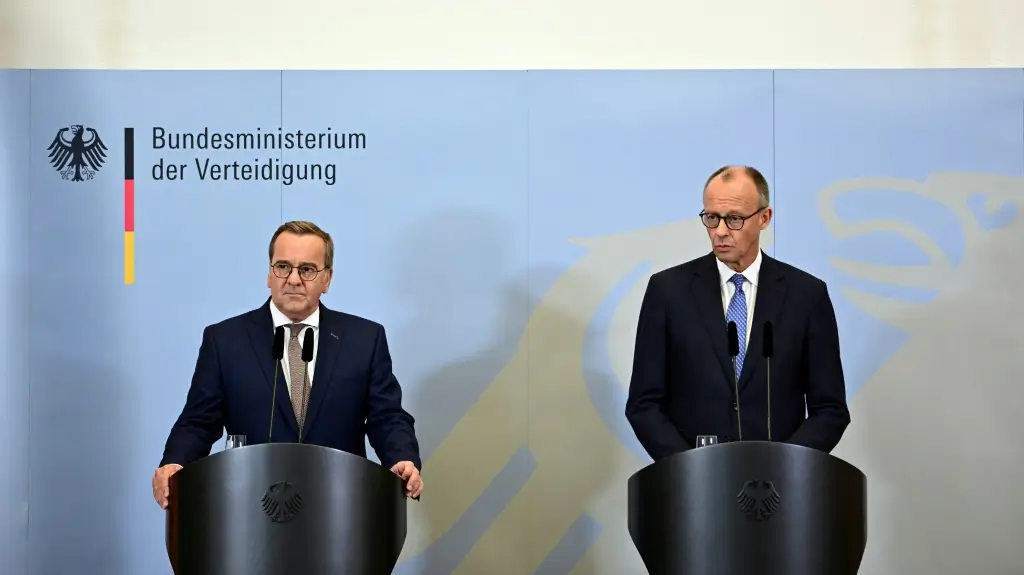
The Federal Cabinet approved the first-ever establishment of a National Security Council in Berlin on Wednesday. The new body will monitor and analyze the global security situation, coordinate German security policy, and develop long-term strategies for it. The CDU/CSU and SPD had agreed to the establishment of the council in their coalition agreement. In the future, issues of German security policy will be centrally managed in the Federal Chancellery.
"This body will be a central platform for the federal government for overarching issues of national security," said Chancellor Friedrich Merz (CDU) after the cabinet meeting in Berlin. The council will address issues "at the interface between internal, external, economic, and digital security."
The coalition parties justified the establishment of the new body by arguing that security policy challenges have become more complex – Russia's war of aggression against Ukraine has permanently changed the threat situation facing Germany and Europe. The council will be located in the Federal Chancellery. The National Security Council will be "an important building block for our approach to a comprehensive security policy," said Chancellor Merz. The issue of security "cannot be assigned to a single department alone; it affects us all."
The establishment of a Security Council had been discussed in Germany for many years. The coalition government had already considered creating such a body. However, it dropped the idea due to jurisdictional disputes between the then SPD-led Federal Chancellery and the Green-led Foreign Office, both had claimed responsibility for the Security Council.
There were no such rivalries in the current federal government; the Chancellery and the Foreign Office are both run by the CDU. A Security Council has been "discussed in Germany for 30 years – this coalition decided on it in four months," said Chancellor Merz.
The new Security Council will be formed from the existing Federal Security Council. Its permanent members include the Federal Chancellor and the Head of the Federal Chancellery, as well as the Ministers of Foreign Affairs, Interior, Finance, Justice, Economic Affairs, and Development Aid.